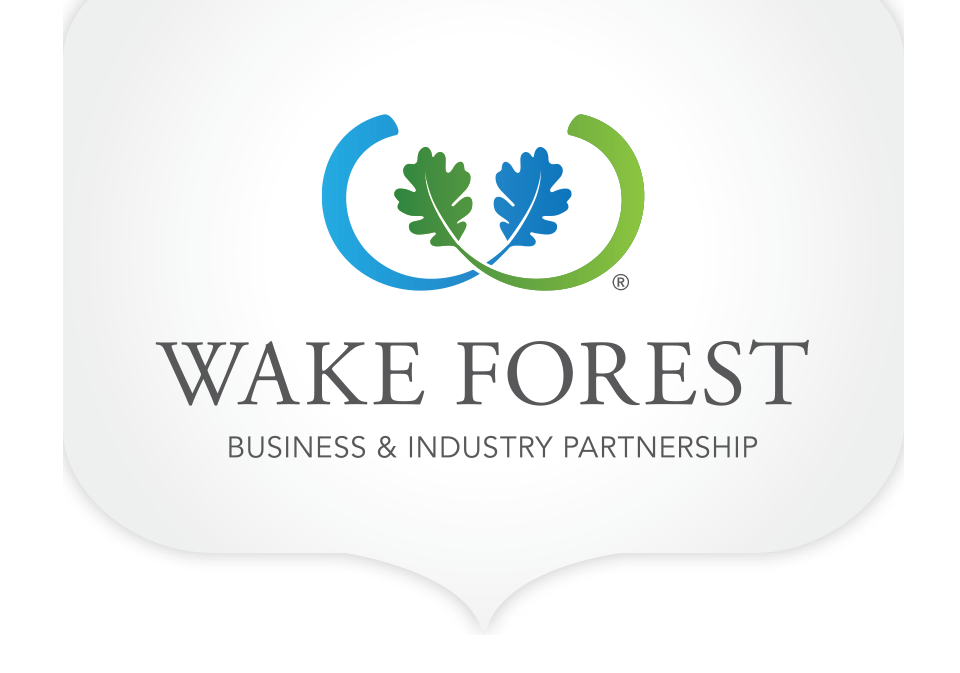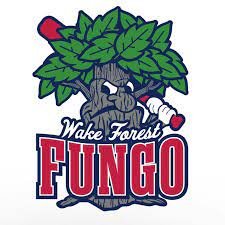Baseball enthusiasts in Wake Forest have a lot to cheer about with the entrance of FUNGO, a college summer baseball league owned by town locals Joe John and Julie Kruse-John. From attracting talented players nationwide to fostering partnerships with local businesses, FUNGO’s contribution to the community is knocking it out of the park.
The roster of Wake Forest FUNGO comprises collegiate athletes from different levels, with many local players seeking the opportunity to play near home during the summer. Others come from different states, driven by the team's reputation and a desire to experience its culture. The recruitment process involves scouting, referrals from college coaches, and thorough vetting by Head Coach Jake Jones and General Manager Brad Mize to ensure the highest quality athletes are selected.
College summer leagues have a rich history dating back to the mid-1900s. These leagues serve as a platform for player development, exposure to larger schools, and preparation for the longer seasons seen in professional baseball. FUNGO started in the Carolina Virginia College Summer League (CVCSL) before joining the Premier College League (PCL), contributing to the growth and recognition of collegiate summer baseball in the area.
The organization’s summer season spans a fast-paced 8-9 weeks, typically starting around Memorial Day and concluding by July 31st. Despite its brevity, the season is intense, with players participating in over 45 games and having only seven scheduled days off. This demanding schedule provides ample opportunities for players to showcase their skills and excel in their development.
FUNGO has a unique background. It started as a development and training program and later evolved into a collegiate team. Unlike most teams, which are established by private entities, FUNGO's origins can be traced back to its parent organization, the Factory Baseball Institute. In 2011, Joe John established the Factory Baseball Institute as a program aimed to support the private recreation program at the Factory Baseball Complex in Wake Forest.
Initially, FUNGO's main focus was providing training and development opportunities for players and coaches in collaboration with the Factory Baseball Institute. This partnership aimed to enhance the competitiveness of recreational baseball by engaging coaches with a deeper understanding of the game and expertise in managing fields. As the organization grew and incorporated travel teams into its program, FUNGO was able to make significant improvements to local town fields that would not have received funding from the school system otherwise. These enhancements included laser leveling, rebuilding dugouts, and constructing pitching mounds and bullpens. Additionally, FUNGO began offering scholarships to help families afford higher levels of play and conditioning for their athletes.
One of the organization's longest-running programs is the Winter Off-season Development Program (ODP). This program, open to the public, spans eight weeks during the winter and provides training for individuals of all ages and skills. Initially designed to prepare youth for spring seasons, the program's benefits became evident as participants received two months of fundamental and advanced training from professional staff. As a result, the program expanded to cater to all age groups.
FUNGO is entirely family-owned and operated and challenges industry norms as a male-dominated industry, with Julie Kruse-John overseeing most of the team's operations alongside General Manager Mize. Despite starting with limited resources, FUNGO competes with larger and more established teams, highlighting their focus on the players and their passion for the game. “Getting players on the field has always been our focus,” says Kruse-John, who is not only FUNGO’s CEO but works as the Administrative and Projects Director for The Wake Forest Area Chamber of Commerce. “The ‘boys of summer’ is a real thing. We have this crew of young men who return to us year after year. They forego opportunities all over the country to come here and play an incredibly hectic schedule for us. They are wild and crazy and make for absolute chaos some days, but they are also loyal and loving and so amazingly talented.”
Kruse-John says it’s important for the organization to highlight the legacy of the college that built the entire Town. “Our logo, Lefty, who is a bat-wielding tree, was chosen specifically to identify us as being part of the ‘Forest,” says Kruse-John. “It’s exciting to bring him to life and watch him visit a ton of events in town! The lettering in our WFF [Wake Forest FUNGO] logo is also a nod to the same font used in the 1929 uniforms of the Wake Forest College baseball team.”
With baseball as America’s favorite pastime and a signature summer staple, FUNGO is not only entertainment for the summer. The team actively engages with the Wake Forest community through various initiatives. The team was involved in the Town's Fourth of July celebration and fostered partnerships with local businesses. “We have a ’Book Bomb” initiative with Page 158 Books, who is donating a book to New Kids on the Books, a non-profit with a mission of childhood literacy, for every home run the boys hit this summer,” said Kruse-John. “The players will get to present these books that they earned for the non-profit, and they are very proud to do so.”
FUNGO's membership in the Wake Forest Chamber of Commerce further strengthens community ties, while partnerships with local businesses and organizations have resulted in mutually beneficial collaborations. “We are finally at a point with the team where we can have valuable partnerships and be a viable contributor in Wake Forest,” says Kruse-John. “Our partnership with the Town aims to provide an inclusive, family-friendly, and affordable summer entertainment experience for our residents.”
For instance, this year brought on a new partnership with a new local brewer, Blackbird Brewery. “We knew a couple of years ago that we would need to make alcohol an option at games if we wanted to expand our demographic. There was a huge problem, though – Flaherty Park is a Town-owned public park which means there is absolutely no alcohol allowed,” explained Kruse-John. “With the support of Mayor Vivian Jones behind the team, the Commissioners were willing to listen and work with us on an ordinance change that pertains only to FUNGO. With unanimous approval, we became the first private organization allowed to serve alcohol in Town public spaces.” Kruse-John knew of Blackbird through the Chamber and reached out to its owner, Harmony VanGundy, who was immediately all in to help another family-owned local business.
“I supported Julie's proposal for a change in the ordinance, recognizing the benefit they are adding,” said Wake Forest Mayor Vivian Jones. “FUNGO is having a great influence in the community, and the entire Board recognized what a benefit they are adding to the quality of life in Wake Forest. We understood that this would help bolster the team’s growth.”
FUNGO's impact on Flaherty Park is set to soar with planned renovations. Improved accessibility, grandstands, dugouts, bullpens, and a decorative enclosure will transform Flaherty Park into a crown jewel among the Town's parks and recreational facilities. Kruse-John says she envisions the renovated park becoming a gathering place for families, friends, and baseball enthusiasts to enjoy quality time, watch exciting games, and savor local food and beverages. “It will be an exciting 2024 when we get to introduce the park to our much-deserving community,” says Kruse-John. “We feel every family and individual deserves a nice space to relax, spend a few hours with friends and family, eat, drink, and watch their local baseball team play.”
Jason Cannon, President of the Wake Forest Business and Industry Partnership (WFBIP), adds to that sentiment. “Thanks to FUNGO's invaluable presence, the ongoing expansion of Flaherty Park will attract considerable interest from Wake County and the surrounding region,” says Cannon. “By following the successful model of other parks in neighboring communities, Flaherty Park has the potential to emerge as a vibrant nucleus of year-round leisure and communal engagement. The attention FUNGO has garnered for Flaherty Park not only enhances the park's physical growth but also enriches the quality of life of our residents.”
The team’s impact on the Wake Forest community goes beyond baseball. The league has become an integral part of the Town's fabric through its commitment to player development, partnerships with local businesses, and active community engagement. FUNGO’s efforts to enhance tourism, honor the area's baseball history, and provide an inclusive entertainment experience contribute to the growth and reputation of Wake Forest as a baseball destination. As the league continues to evolve, it is creating a lasting legacy for the community it proudly represents.










